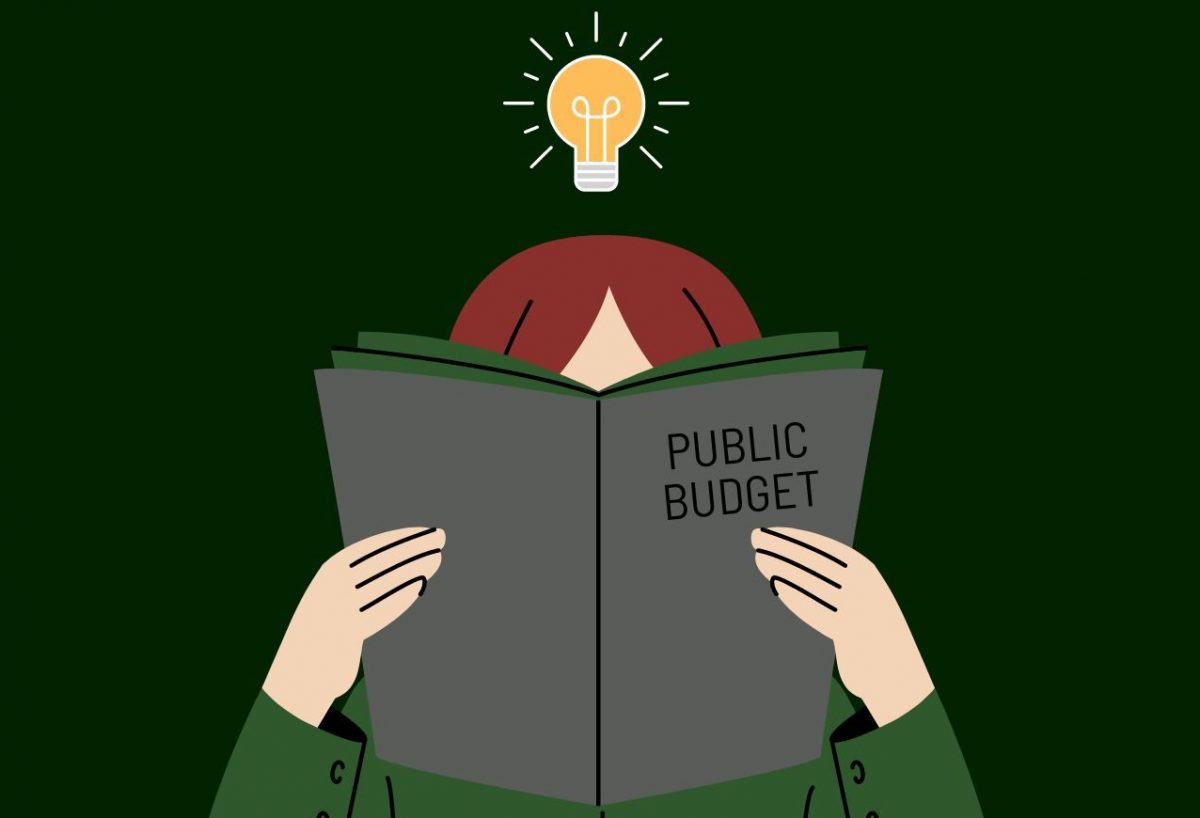There is no better representation of what a city or state cares about than its budget.
Public budgets are more than just appropriations of public operations and investments, they are comprehensive snapshots of what gets funded throughout an entire city or state, and, importantly, what does not. Budgets tell a powerful story about whether or not an elected official’s publicly stated values match their spending priorities. To understand the full story, we need to know not only how the government is choosing to spend its money (expenditures), but also how it’s choosing to raise it (revenue).
Let’s look at Chicago, for example. Last November, Mayor Brandon Johnson rolled out his FY2024 budget, or as he called it, the “People’s Budget”, which he advertised as a collection of “transformational investments” around areas like climate justice and mental health care. But to generate new revenue for these investments, the Mayor and City Council explicitly targeted working and low-income communities by balancing their budget with $348 million from primarily traffic-related fines and fees, an increase of 15% from the previous year.
These fines and fees (including things like parking tickets, red light camera fines, and booting fees) are disproportionately collected from low-income communities and communities of color and likely affect over a million Chicagoans. Extensive reporting from ProPublica revealed that outstanding traffic fines and fees have sent tens of thousands of low-income and Black Chicago residents into bankruptcy in the last ten years. Over half of Chicago’s speed camera revenue includes late fees, and with speed cameras ticketing drivers every 20 seconds, the city raised over $55 million in just five months from tickets with late fees —highlighting their true purpose as a revenue generator, extracting money from those least able to pay.
Washington, D.C.’s traffic camera program presents another glaring example of hypocrisy between stated policy goals and actual budget strategy. When asked about the $54 million jump in revenue D.C. received from automated enforcement cameras in just 5 months of activity, DDOT responded: “Our goal is to change behavior…the fact that revenues get collected, [is] a positive externality.”
As it turns out, this alleged “positive externality” was already baked into the budget. When Mayor Bowser rolled out her FY2024 budget, she explicitly highlighted the new ATE revenue as a solution on a presentation slide titled “What Did We Do To Balance [The Budget]?”. Her revenue tables show that she expects ticket revenue to remain relatively stable all the way through FY2027, to the tune of $578 million. The truth is to maintain the revenue levels her administration depends on, she needs people to keep speeding (and getting tickets). The result of these disingenuous traffic safety measures is the rapid proliferation of revenue-generating ATE that disproportionately target and impoverish low-income neighborhoods and communities.
Using extractive fines and fees practices to pay for new initiatives and plug budget holes is a tactic we see used in local and state budgets across the country. The good news is, we can do something about it. Tracking fines and fees revenue and expenditures through the budget can not only help advocates hold policy makers accountable, but it can also provide a means for pursuing intentional budget reform. But we need to be able to first follow the money in order to see who it benefits and who it hurts.
If you’ve ever actually read a public budget, you know it can be pretty intimidating. There are numbers, more numbers, financial jargon, and hundreds of lines of proposals. But if you know how to navigate the many budget books and how to analyze the fiscal notes that are produced alongside the budget each year, you can follow the money for yourself and understand exactly how dependent your city really is on fines and fees. Once that picture is clear, our elected leaders can and should pass legislation to replace fines and fees revenue with a more sustainable and equitable revenue source, and end the practice of bankrupting families to bankroll the government.
Catch up on essential budget-related advocacy topics such as reading budget books, analyzing fiscal notes, and tracking fines and fees revenue on our YouTube Channel.
Have a suggestion of what you’d like to see covered in the next one? Email fmontalvo (at) ffjc (dot) us with the subject line: “Budget Ideas” and let us know!
